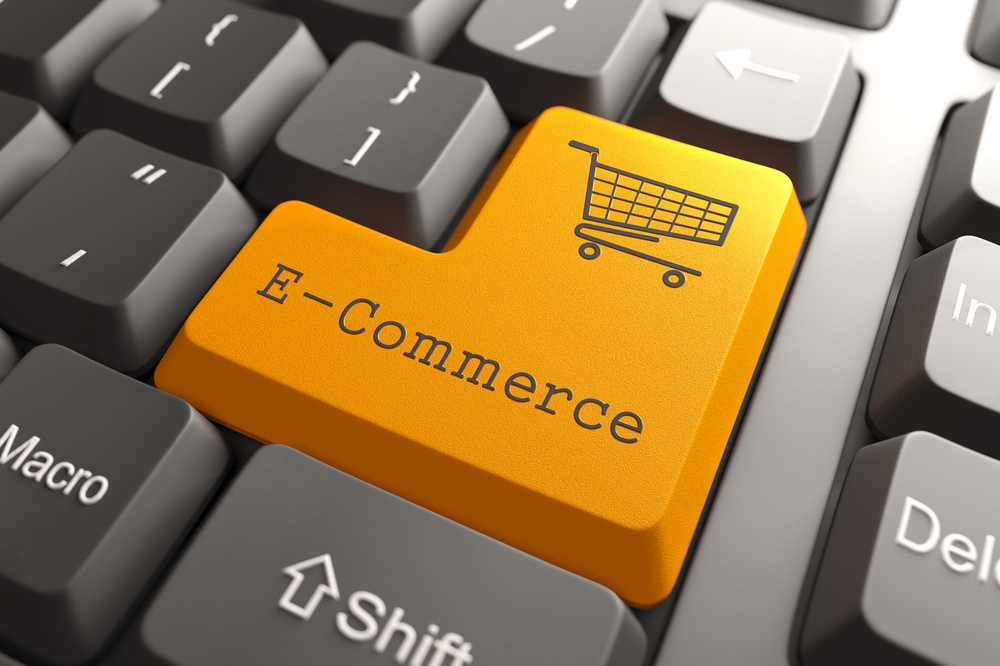E-commerce continues to grow, the economic and environmental benefits are also growing. Ecommerce is growing at a striking pace, on track to surpass $1 trillion in sales by 2022. The increase in online shopping generates new economy growth and spurs innovation among sellers. According to a global study by Generation IM, ecommerce is 17% more carbon-efficient than traditional retail stores. This sustained growth and activity leads to more online experiences for all customers. An increased focus on customer experience also led to demands and regulations around greater accessibility online, as well as an online community of shoppers who to keep coming back to their website online store. The increase in online shopping generates new economy growth and spurs innovation among sellers, getting them to pinpoint what makes their product unique and create a compelling experience that keeps customers coming back. The rise of this technology has also led to a greater interest in shopping among younger demographics like millennials and Gen Z.
Millennial consumers, in particular, are changing the game in B2B ecommerce and impacting the way online shopping is done. Ecommerce boosts the economy by increasing productivity, encouraging innovation, and driving better shopping experiences. Ecommerce boosts the economy by increasing productivity, encouraging innovation, and driving better shopping experiences. Ecommerce has made it easy for buyers to shop anytime, anywhere, and on any device without being limited by store hours or geographic location. This creates greater incentive for customers to shop online and drives growth for the economy overall. Ecommerce boosts the economy by increasing productivity, encouraging innovation, and driving better shopping experiences. As ecommerce continues to grow, the economic and environmental benefits are sure to follow. E-commerce also assists helps governments to deliver public services such as healthcare, education, social services at comparatively low cost and in an improved manner. This shows that it has more of the advantages.


According to neighborhood exchange assets, Pakistan is the 46th biggest market for Internet business with an income of US$4. 2 billion of every 2021. There are a lot of benefits of E-commerce and Pakistan’s economy can grow through that as well. E- commerce provides job opportunities, Promotes cordial relationship, Provides a wealth of information,Provides Entertainment, less education and reduce regional imbalances and promotes economic development. It is the fact that E-commerce do require some budget but coparitivly less. We can see the shift towards online businesses after this pandemic COVID 19 but this happened for good some say. If we talk about Pakistan, the scope of E-commerce is increasing as there are a lot of students who are the graduates of digital marketing and in this field which makes the trend of E-commerce possible. Entire shift to e-commerce is not recommended though but as the world is moving towards this trend, Pakistan shall go by it as well.

Research Associate, Pakistan House



